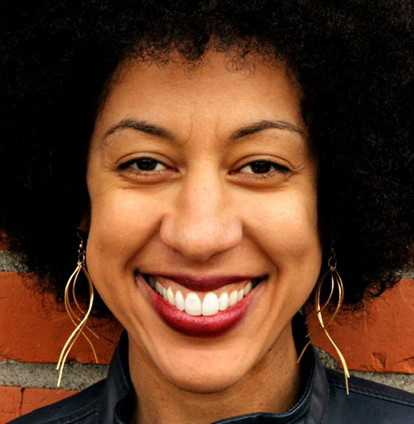 | 1 LU |
Restoring Justice for All
 | 1 LU |
In recent decades there has been an increasing intersection of public preK-12 schools with the juvenile and criminal justice systems involving increasing numbers of students being pushed out of schools and into the justice system. This practice – known as the School-to-Prison-Pipeline (STPP) – disproportionately affects students of color, LGBTQ+, and those with challenges of cognition, emotion, physicality, poverty, trauma, abuse, or neglect. Once a student is expelled or put into the criminal justice system, future options for careers, higher education – or simply returning to school —largely disappear. When students are labeled “bad” or “deviant,” they become stigmatized and socialized to fit that role, and become more likely to drop out enter the justice system. This session will explore the underlying policies that create the STPP and practices to reverse it. Nationally recognized educator, consultant, and public speaker Erin Jones will provide deeper insights into the STPP, impacts on students, and how the system seemingly targets students frequently on the margins of “mainstream” society. Contributing factors – implicit bias, zero-tolerance/suspension/expulsion policies, police in schools, school disturbance laws, and how over-burdened staff increasingly respond to common misbehavior by removing students from school – will be explored. Champion of student and teacher voice Konise Millender, together with a restorative practices facilitator from the San Antonio Independent School District, will lead a discussion on restorative justice practices results and insights for successful implementation. During the session, participants will explore restorative justice practices and how they can impact the design of learning environments from operational, educational, and physical design perspectives. The session will be facilitated by a co-chair of the A4LE JEDI Committee, Ross Parker ALEP.
Learning Objectives:

Erin is a nationally-recognized educator, author, public speaker, and independent education and systems consultant who has been involved in and around schools for over 26 years. In 2016 she made history as the first Black woman to run for statewide elected office in Washington (for Superintendent of Public Instruction, which she narrowly lost). She has taught middle school, worked at the school district level, and served as an executive for State Superintendents of Public Instruction. She has two inspiring TEDx Talks, has recently published the book Bridges to Heal Us, and is an independent public speaker and an education and systems consultant.

Konise is an educator, advisor, writer and lifelong learner with two Master’s degrees and is a CTE Coordinator with the San Antonio Independent School District. She has championed teacher and student voice and choice and led students of all abilities and socio economic backgrounds to college and enriching careers, including creating a system that ensured students who were suspended or placed in alternative schools would receive the same education as their peers remaining in general ed population. Konise is currently working on improving STEM education in inner city schools.
What is the learners’ experience? Who are they? How do they differ? How do they respond differently from one another to similar environments? Is there a one-size-fits-all solution? Or is a custom solution composed of aggregate parts more appropriate?
Primary Core Competency
Community Engagement: Leads the internal and external communities through a discovery process that articulates and communicates a community-based foundational vision, forming the basis of a plan for the design of the learning environment. The vision is achieved through a combination of rigorous research, group facilitation, strategic conversations, qualitative and quantitative surveys and workshops. Demonstrates the skill to resolve stakeholder issues while embedding a community's unique vision into the vision for its schools.
Learning Units/Health, Safety, Welfare (LU/HSW)
The topic specifically focuses on issues of safety, social-emotional-mental health, and welfare of all students. Those who are routinely pushed out for common childhood misbehavior suffer increasingly as they become trapped in the school-to-prison-pipeline, and the resulting trauma impacts their families, other students, and educators. Restorative justice practices and programs bring all involved together to minimize and reduce harm and to nurture healthier school environments, relationships, and students.